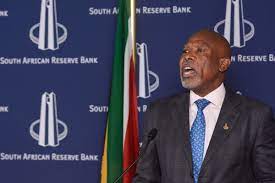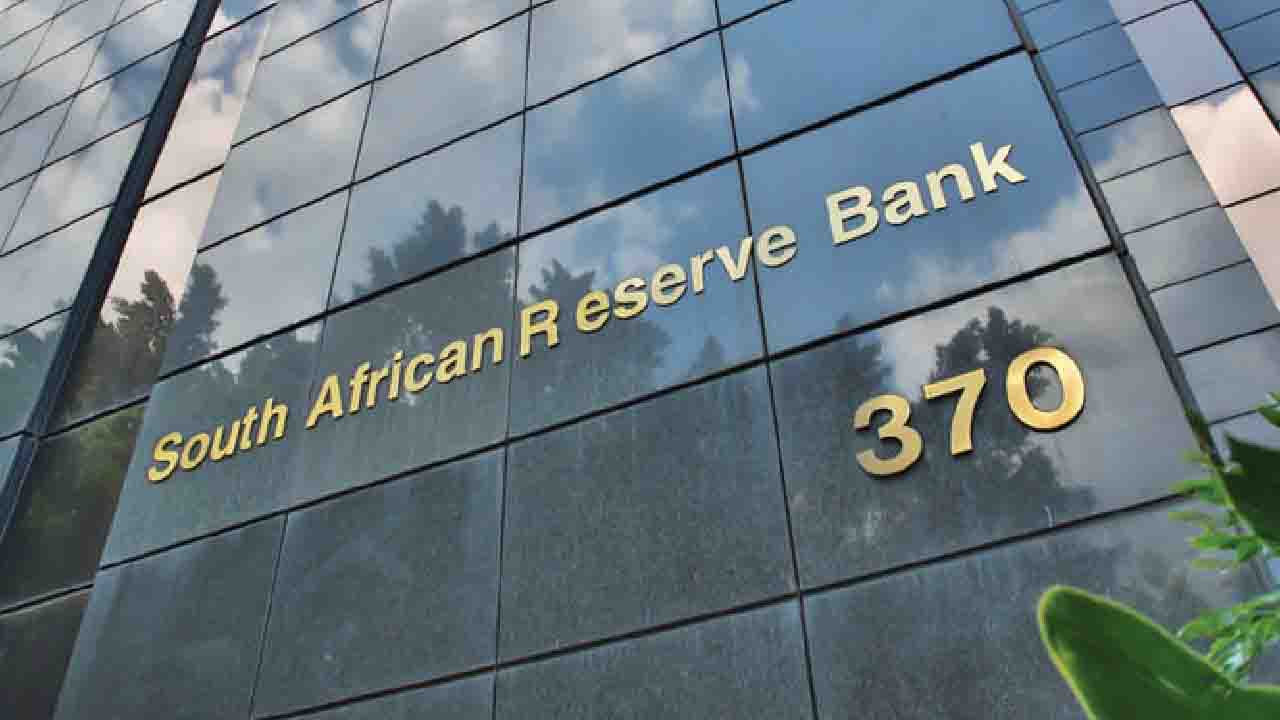South Africa (Common Wealth) _ In order to control inflation expectations in an economy that is predicted to develop just little this year, South Africa’s central bank boosted rates to the highest level in 14 years. Governor Lesetja Kganyago issued a warning that additional currency depreciation is inevitable, causing the rand to plunge to a record low.
The bank increased the rate by half a percentage point to 8.25 percent on Thursday, claiming that its monetary policy committee had unanimously decided to do so. The South African Reserve Bank had increased rates for ten straight months.
The governor explained that the goal of the decision was to boost public confidence in the ability to “sustainably over time” contain inflation.
In July 2021, South Africa’s monetary authorities decided on their largest increase in ten years—a 0.75 percentage point increase—and began hiking rates in November 2021.
Two hours after the rate announcement, at 15:27 GMT, the rand was trading at 19.74 against the dollar, having fallen to record lows as a result of the news.

Although the most recent increase exceeded some analysts’ predictions, South Africa has long been under pricing pressure.
Further currency weakness “appears likely given upside inflation risks, greater domestic and external financing needs, and load-shedding,” Kganyago added.
Over the past year, load-shedding, or record blackouts, have impeded economic activity in South Africa as issues at its struggling power utility Eskom have gotten worse.
The energy ministry estimates that the disruptions cost more over $50 million in lost output every day.
“While the current local supply-side problems with logistics and energy are not thought to By increasing the cost of living and operations, they have a negative effect on demand and inflation, according to Mamello Matikinca-Ngwenya, chief economist at South African bank FNB.
In April, inflation slowed from 7.1 percent in March to 6.8 percent, its lowest level in nearly a year. Nevertheless, despite experiencing unprecedented increases over the last 12 months, food prices are still persistently high.
The central bank predicted on Thursday that inflation would average 6.2 percent this year, which was 0.2 percentage points higher than earlier predictions.
Kganyago stated that “headline inflation for 2023 is revised up” due to the near-term increase in food and core goods prices. The headline inflation rate for 2024 likewise rises to 5.1%.
Globally, policymakers are confronting high inflation that is partly due to rising oil and food costs as a result of Russia’s invasion of Ukraine.








